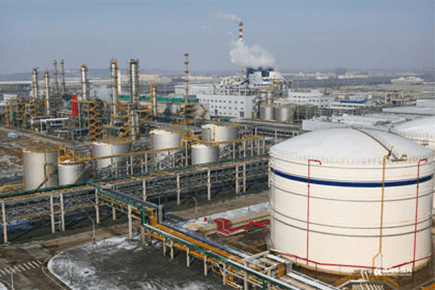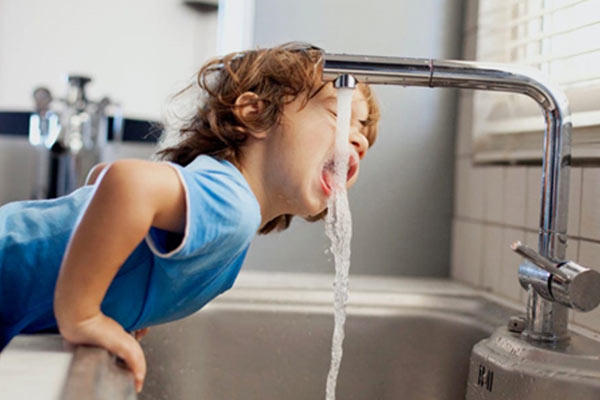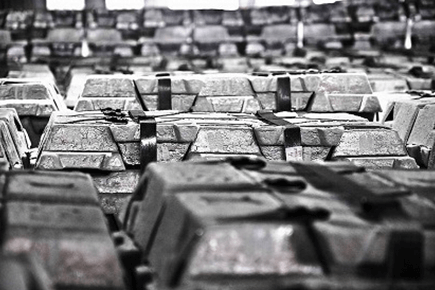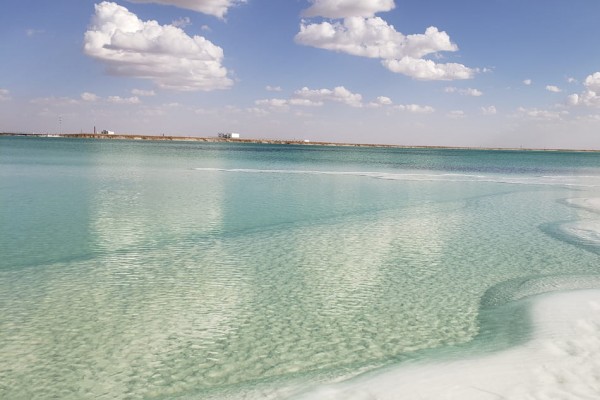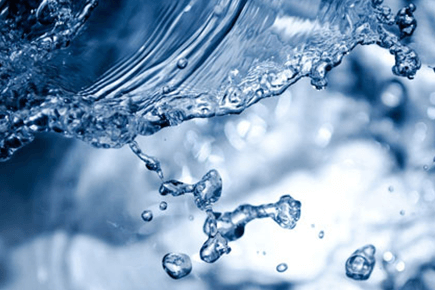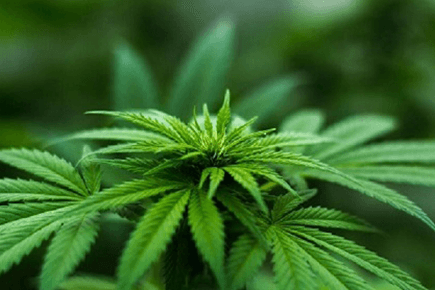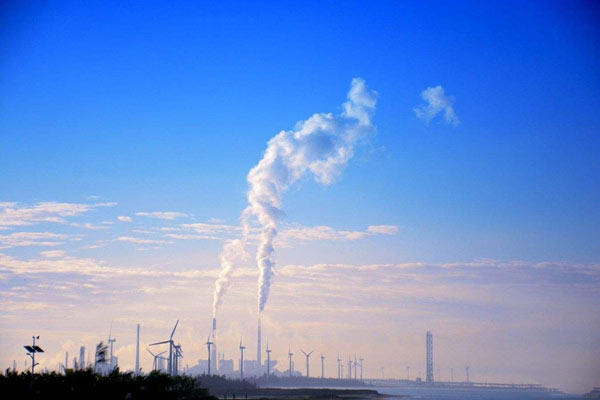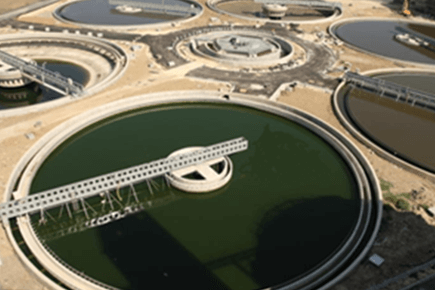
Preparation of Softening Water
1. Problems caused by hard water
The demand for softening water technology begins with boiler water. The long-term heating of the boiler leads to the precipitation of calcium and magnesium ions in the water. The scaling will affect the heat transfer, so that a large amount of heat will accumulate in the flue, which will not increase the water temperature. Instead, the flue will be full of bursting risks. In addition to this, there is also a problem of increased corrosion.
Once the boiler has been scaling, it must be cleaned, otherwise the boiler cannot operate safely and economically.
At present, the quality of boiler water is strictly controlled, and the hardness of water is reduced by simple treatment.
2. Water softening method
The softening water uses cation exchange method. The resin is mostly sodium type cation exchange resin, which is exchanged with Ca and Mg ions in water to softening water.
Softening resin is a special resin designed to soften water. The hardness of water is controlled less than 50 mg/L (CaCO3) by ion exchange technology.
After the resin is exhausted, it can be regenerated with sodium chloride, and the operation is simple.
After the softening resin can be regenerated for many times, the resin strength is also high, and the service life is long.
3. Softening water equipment
The current softening water treatment equipment is generally two columns and alternately regenerated.
In order to protect the softened resin bed, the corresponding filter is generally considered according to the raw water quality before softening, to remove sediment, rust, colored substances and the like.
If you need a resin to soften water or a complete set of equipment, please contact Sunresin!
_1698383632_WNo_450d311.webp)






